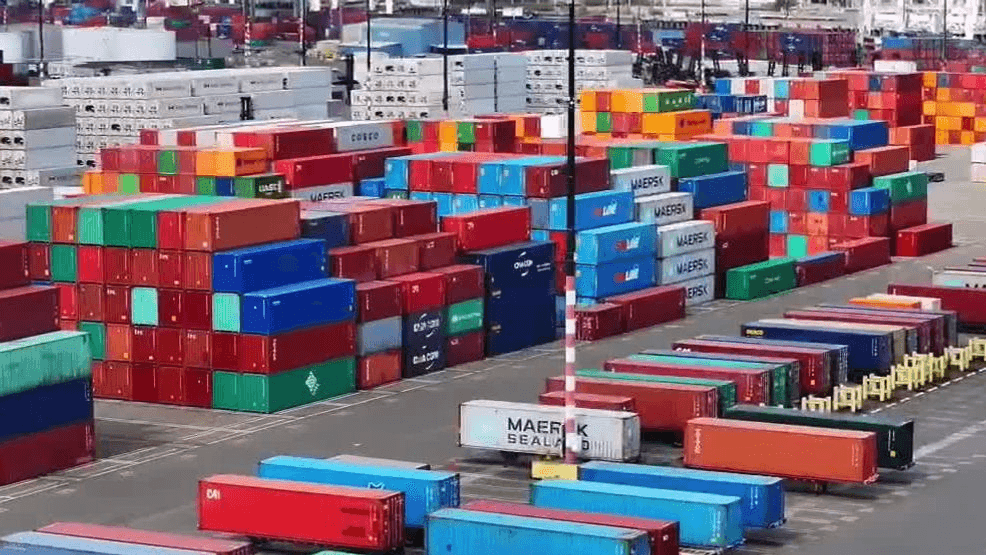WASHINGTON STATE — The range of imported products, likely to cost more with tariffs, is already being noticed by Puget Sound area wholesalers and shoppers.
President Donald Trump’s tariffs at a 10% baseline on imported goods from China, including some foods, took effect April 9, while tariffs on goods from other countries are on a 90-day pause.
“Ten percent is enough. It’s more than enough, the 10%,” Mew Pongpituk told KOMO News. She owns and operates King’s Oriental Foods, a wholesaler to local restaurants. She told KOMO News that she is passing the cost of the tariffs she’s paying on goods from China to her customers.
“We try our best to keep our price very low as much as we can because we are trying to make our customers survive because if they survive, we survive,” she said.
And does she think her restaurant customers will also pass it on?
“You’re gonna be the one who pays the price right at the end, eventually,” Pongpituk said, indicating that diners will be paying more.
That trickle-down price increase may have more people cooking at home, but even that’s becoming more expensive.
“Vegetables or meat maybe, but not much, not significantly much,” Alfredo Rodriguez told KOMO News after emerging from the Uwajimaya grocery in Seattle’s Chinatown-International District.
Yvonne Chan, another shopper with a basket of groceries from the store, said she’s also noticed meat and vegetable prices inching a bit higher.
“Just the inflation of everything has been horrible, and I’ve been retired for three years on a fixed income,” Chan said. So, what will happen when the grocery bill grows too large for Chan’s budget or the Rodriguez family of three?
“Probably cooking simpler foods that require fewer ingredients cause then you know it just adds up, the more you need,” Jonah Rodriguez answered. KOMO News talked with Jonah, Alfredo, and their toddler after hitting the grocery store for the first time after just returning from several weeks in Japan.
“Well, we love Asian stuff so we’re glad that we’re able to shop here for that because we’re so far away from back home,” Jonah said.
Pongpituk told KOMO News that the ingredients she supplies to restaurants, must come from Thailand or other Asian countries, because it’s the only way to cook authentic dishes like Pad Thai.
But even the non-food items restaurants need, like chopsticks and soup containers, she said, also come from overseas. Pongpituk told KOMO News that even with the 10% tariff, she cannot source cheaper soup containers anywhere outside of China.
“The bigger impact that’s happening is because of the shipping delays,” Pongpituk said. A shipment of rice came in today, and another is due next week, but there’s no guarantee it will get here.
“The first thing we do is we limit. We limit the quantity we sell to the customers. I want to be fair to all of our customers. I want everybody to get their share equally, right? I don’t want people to take advantage of buying the whole thing,” Pongpituk said.
She said she is even helping customers with inventory control, holding a market fair last week to move inventory at pre-tariff prices.
“So, that’s the hard work for me to manage all my inventories of that and prices too, to be fair. I feel like I’m smarter, stronger,” she said.
It’s all about survival. Pongpituk said she knows that if she can help her customers survive, then she knows she can survive.


